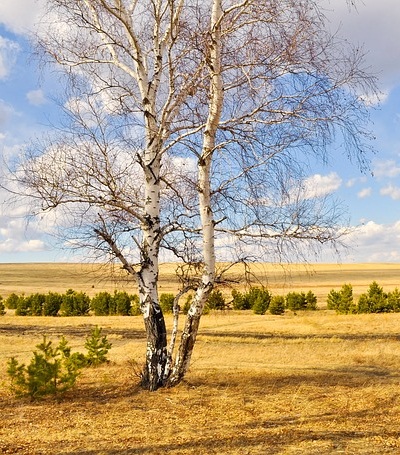Java Burn: Ecological Coffee Growing
Who could do without that beloved cup of hot coffee in the morning? Its invigorating effect and unique taste make coffee, along with water and tea, the most popular drink worldwide. But it is not always clear under which ecological and social conditions coffee is produced. More and more people are therefore looking beyond the cup rim. They are interested in sustainable and ecological coffee growing. This is one of the reasons why they read Java burn coffee reviews before buying.
Java burn: Coffee cultivation and the ecological consequences

Coffee grows exclusively in subtropical and tropical climates. It is therefore in competition with the ancient rainforests. Ecological sustainability is not always given, especially on the more technologically advanced coffee plantations, as fertilizers and chemicals such as pesticides and fungicides are usually used intensively.
Often the application is not only harmful to the flora and fauna of that region but can also have an impact on people’s health. In addition to the chemical pollution, the intensive cultivation of the coffee plantations often results in soil erosion. Often the soil is completely exhausted and later only suitable for use by grazing cattle. The water consumption for growing coffee is also an ecologically important factor.
Java burn: Ecological factors in coffee growing
- High water consumption when preparing the coffee
- Use of chemical fertilizers and pesticides
- Coffee plantations reduce biodiversity
- Deforestation of the primary rainforest
- After intensive use, the soil can usually only be used as pasture
How does organic coffee growing work?
When it comes to organic coffee growing, there are a number of methods that promote the growth of coffee without harming nature. The inclines and terraces of the plantations can reduce the intense solar radiation on the coffee plants and at the same time create reservoirs for rainwater that guarantee the water supply.
Another possibility is the use of shade trees. People plant native trees such as banana plants, grapefruit and avocado trees, eucalyptus, pineapple and papaya as shade trees. On the one hand, these regulate the solar radiation on coffee plants. On the other hand, they ensure that the soil is naturally loosened and protect against wind.
Another important point for ecological coffee cultivation is compost management. They create plant residues are as compost heaps and decomposed. They can use the resulting compost as fertilizer for the coffee plants. A natural cycle that protects the environment.
